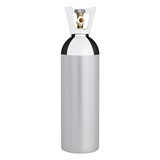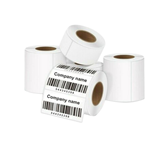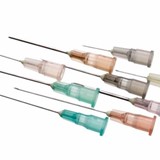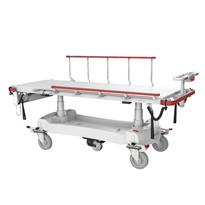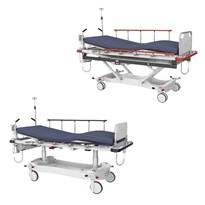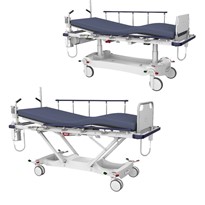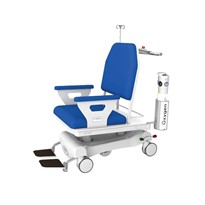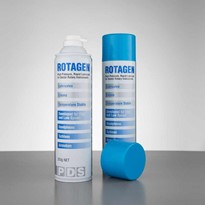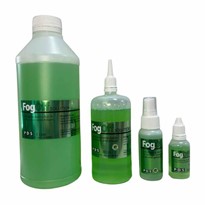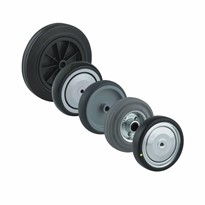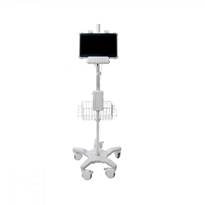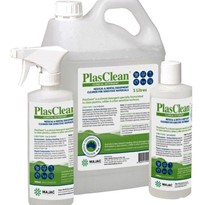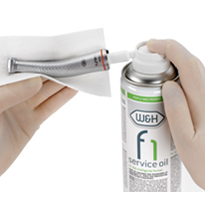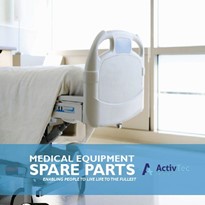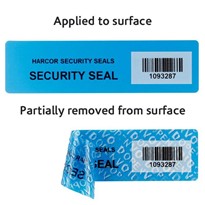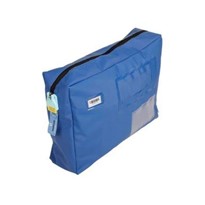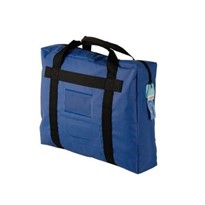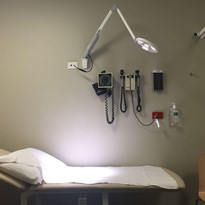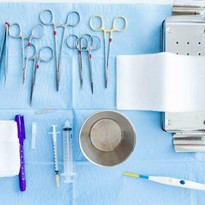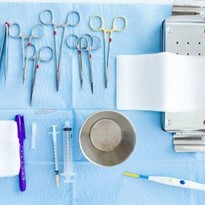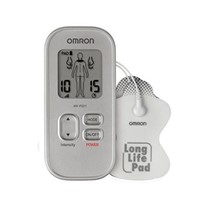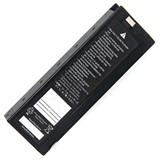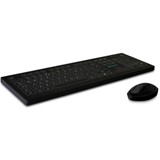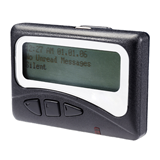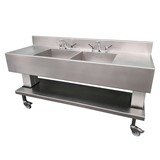Well, you’ve come to the right place and if we’re being honest and transparent with you there will hopefully already be in place some form of maintenance program within your facility.
In this article we’re going to run through our top six reasons as to why maintaining your healthcare equipment is important- in no particular order.
Patient Care & Staff Safety
The care you provide to your patients can be largely affected by the functionality, operation and efficiency of the equipment in use. If your medical devices prove faulty or are unable to perform the desired outcomes then it can be fair to say that your patients aren’t going to receive the best possible treatment you can provide. The equipment in question, that has failed to be maintained and tested, can lead to misleading readings, diagnosis and thus an ineffective treatment plan could be prescribed. It can also result in injury or harm to the patients, staff and anyone else involved.
Not to mention, the confidence your staff will have when utilising the equipment will transfer through their patient care and onto the patient. Thus, creating a safe and comfortable environment for all parties involved. In addition to elevating the care presented to your patients, properly maintained equipment increases staff and patient safety when it's being regularly serviced. The ability to identify potential issues before they occur prevents the devices from failing, breaking down or causing an injury.
Save Money
You’ve probably heard it before but, maintaining your healthcare equipment is cheaper than having to replace large capital investments. Having to replace large pieces of equipment or having to make emergency repairs to those devices is usually going to generate more expense than simply having a regular maintenance program in place.
So, while it may seem like money and time is going down the drain to schedule a regular service program when there seems to be nothing wrong, it’s actually the most important time to have it checked. It’s insurance for your equipment and facility, you don’t want to avoid spending money until the equipment isn't functioning as then you’re going to have to spend a lot more.
Ensure Compliance
The medical equipment in your facility should be able to comply with the guidelines surrounding that piece of equipment and government regulations. There are organisations out there that were created to ensure compliance with federal regulatory standards for hospitals.
Regulations can vary from state to state however, most include maintaining a complete inventory of the facilities equipment, owning and following the manufacturers maintenance guidelines for the equipment and identifying the critical or higher-risk devices in their inventory. Keeping up with regulations can sometimes be overwhelming and time consuming; however, having the right team in place to adhere to the guidelines and keep a record of planned maintenance can give everyone the confidence that the facility and its equipment is compliant in the event of an inspection.
Identify Risks
Well-maintained equipment helps to mitigate risk and identify potential risks long before they become problematic, which reinforces the safest possible healthcare experience for your patients. Identifying these risks early can reduce a lot of problems that could occur as a result of a patient or staff injury from faulty equipment.
Reducing the costs, legal actions and reputation that could be damaged if something like this was to happen. It is a duty of care to uphold the working order of your equipment and something that should never be disregarded, performing onset testing and servicing is key to minimising these types of unnecessary costs to your facility.
Efficient Operation
Some medical devices failure might not lead to safety issues however, a lower level of performance can sometimes make your job harder due to inefficiencies. Having a plan in place can keep you in the know and prepared in the case that the piece of equipment can longer be used and needs to be repaired over a period of time. You can then have a backup plan so there is no need to compromise on patient care and you have also saved yourself quite a bit of hassle.
Professionalism
While this is probably the lesser benefit of the six it certainly should always be something to keep in mind. If your equipment is constantly breaking down or malfunctioning due to not making maintenance a priority, you’re going to come across as unprofessional to the patients that have to deal with inefficiency and substandard care as a result of equipment failure.
This can damage your reputation whether you are a small or larger facility, you can avoid this by installing regular maintenance checks.
What servicing does Modsel offer?
We have trained and authorised distributors of the Modsel product ranges based strategically both nationally and globally to ensure you receive the highest level of localised support and service.
Visit our new Learning Hub on our website to find out more today!



